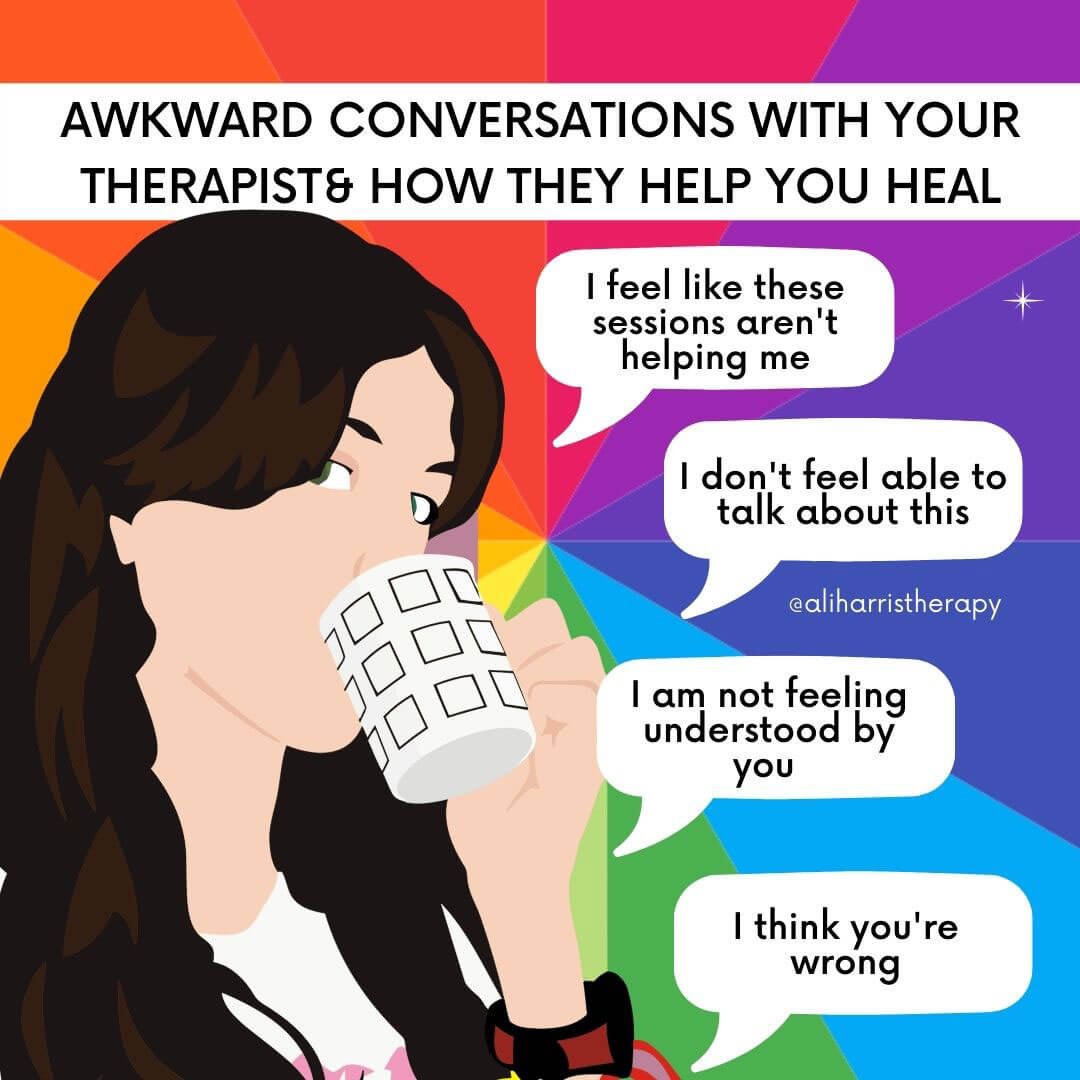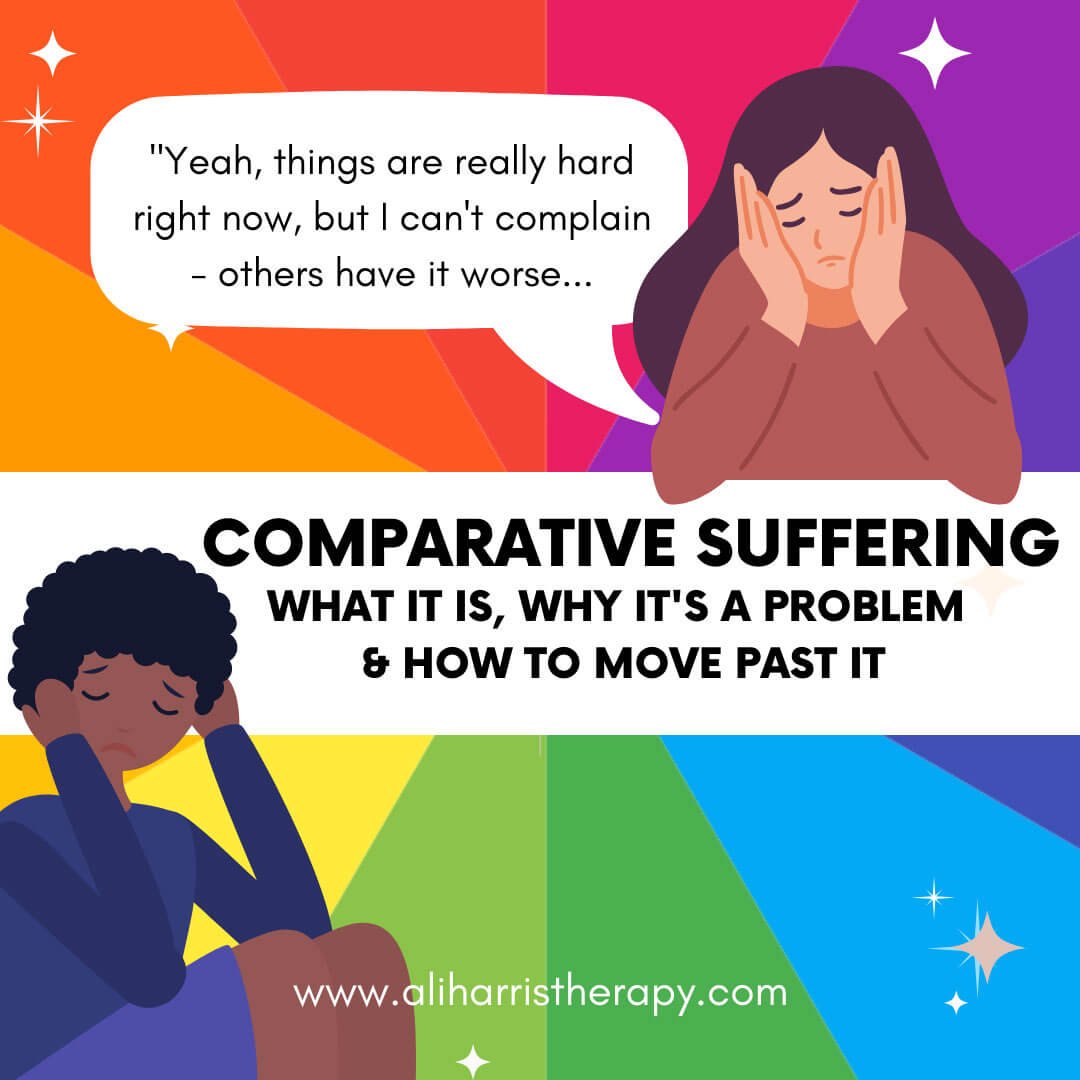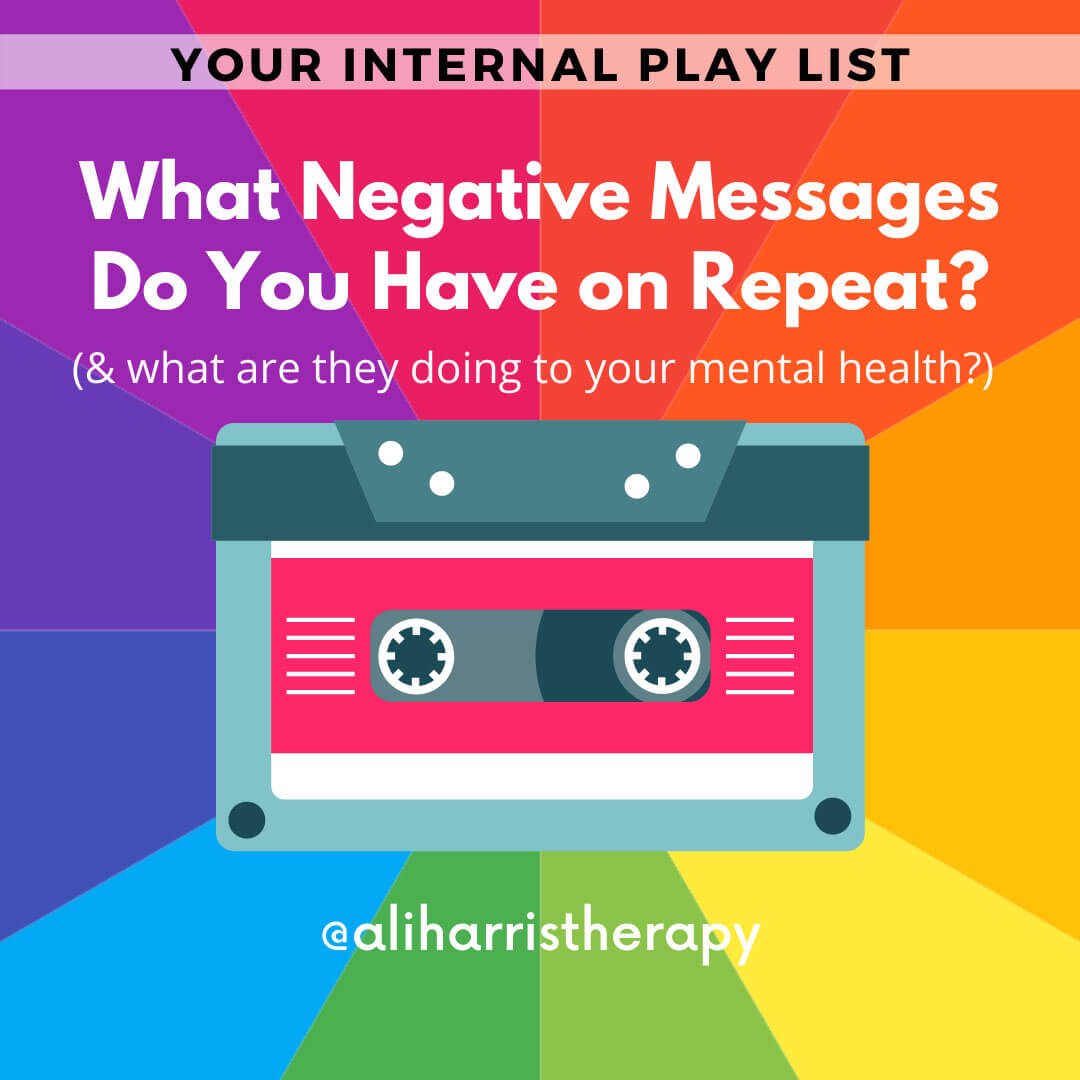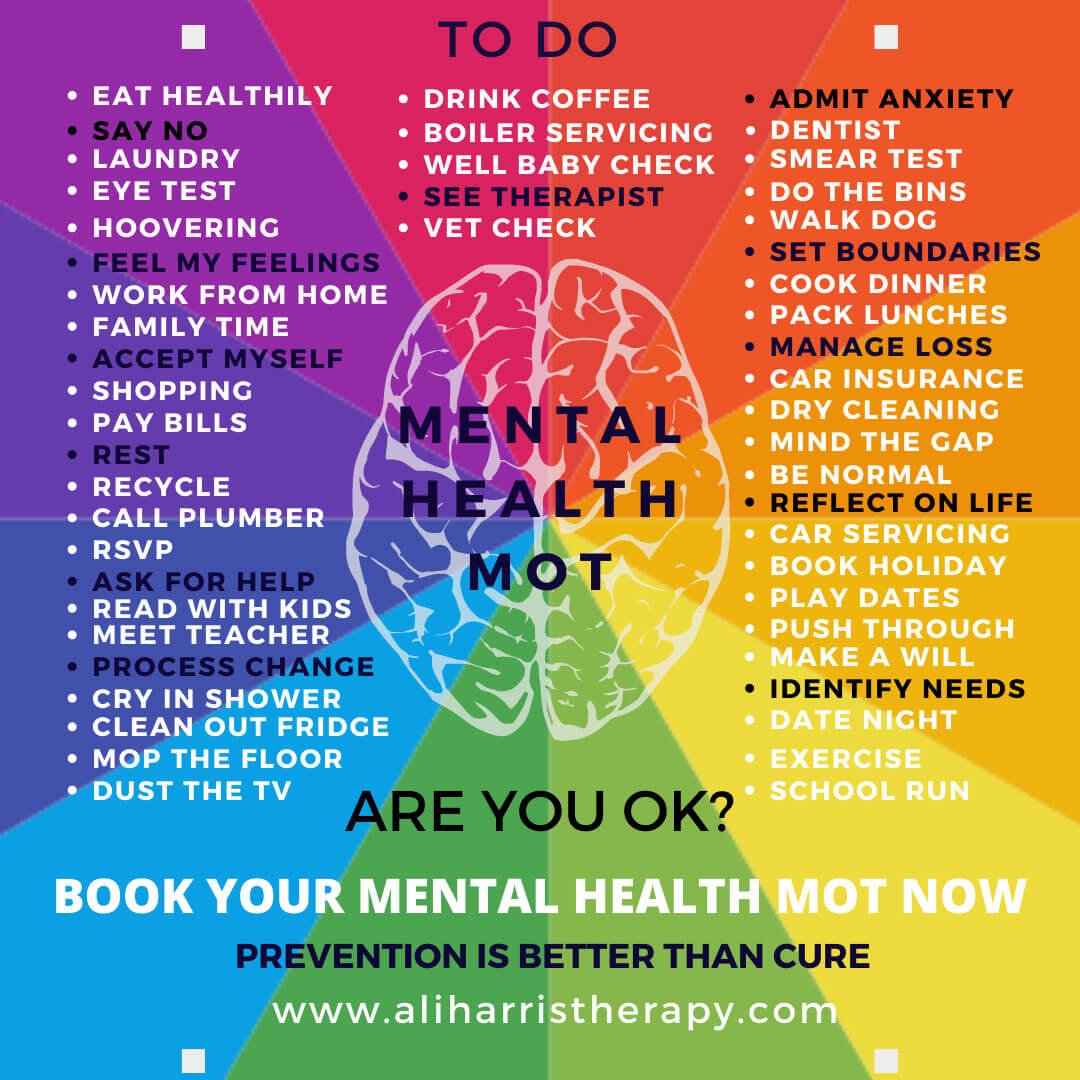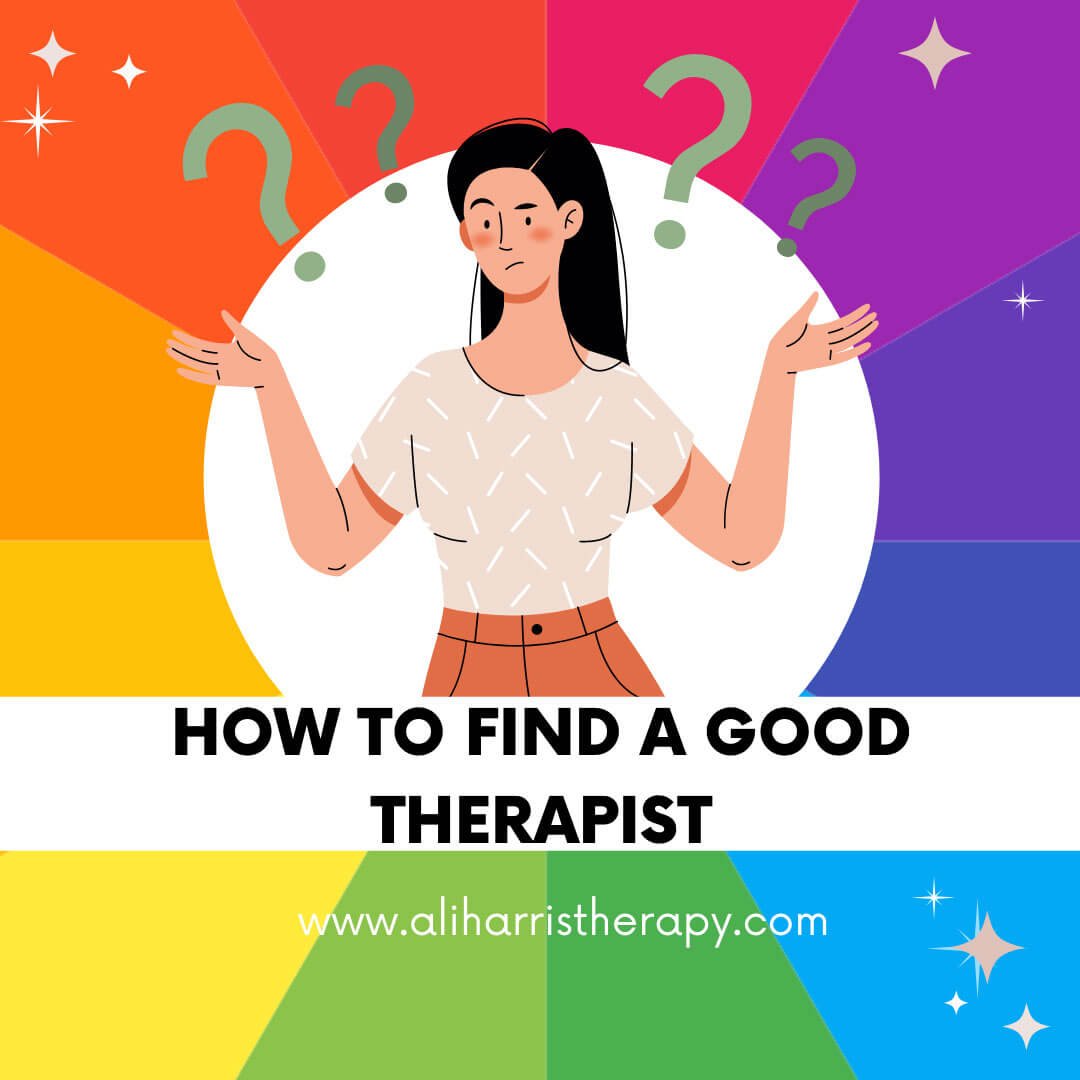What happens when you go to therapy?
Going to therapy can feel scary - like you’re lifting the lid on your very own Pandora’s box. Perhaps talking to a therapist will release all your fears, your pain and your sadness...doesn’t sound nice, does it?
If you’re thinking about doing this though, chances are it’s because that box full of darkness is causing you problems.
Problems like:
Depression
Anxiety
Self esteem issues
Relationship problems
Eventually that box will open - either you open it, under some kind of control, or it bursts open on its own terms and all hell breaks loose....
But what if you didn’t have to open the box alone? What if we approach that box together, thoughtfully, respectfully, at your pace, and on your terms?
In this blog, I’ve put together some notes on what could happen when you begin therapy. It’s different for everyone, but here are a few things you can expect.
When you go to therapy, you’ll be given the space to think out loud
People often begin therapy a bit nervous about how to start and a little unsure of what to say.
So we wait, unhurried, and think about what it’s like to not know what to say and why it’s so anxiety-provoking at times.
These silences can feel scary at first. I think this initial discomfort comes from being used to the social norm of rapid responses in conversation. That’s why I never allow silence to last very long initially, in case the person in front of me finds it too difficult.
But gradually, people learn to relax into a silence and to allow me to join them in a thoughtful reverie.
Once they do, they’re often surprised at what comes up when they allow themselves to become emotionally still for a bit.
I believe some of my best work has been done while holding a silent space for someone and then simply listening to the thoughts and feelings that suddenly rise up from their pre-conscious mind.
The words always come in the end.
When you go to therapy, you’ll find that you have a lot to say
Often, when someone begins to feel comfortable with that silence, it helps them to begin talking about things they’ve never verbalised before. Suddenly they are speaking for twenty minutes, finding out things about themselves that they didn’t intend to talk about because they hadn’t previously had a chance to find out before.
And then they finish and look all surprised and say:
”Gosh, where did that come from?! I didn’t know I felt like that!”
Even though it might seem to have come from nowhere, whatever you bring will be a reflection of what’s going on with you at a deeper level.
So you can talk about pet peeves at the supermarket and find we end up talking about fears of being judged.
Or maybe you’ll talk about your recent Zoom meeting and we’ll end up noticing how self conscious you feel in groups.
Far from coming out of nowhere, it’s actually all in there, inside of you. All I’m going to do is help you notice these thoughts and join them up in a way that is useful and meaningful to you.
When you go to therapy, you’ll take stock of all your experiences - even the bad ones
Ordinarily, when we talk about our past experiences, it’s tempting to cherry-pick the ‘best bits’ from our stories and only acknowledge the parts we’re comfortable with. But your story - your whole story - is EVERYTHING.
That’s why I ask every client to tell me their life’s story in our first session, from childhood to present day.
The way you tell it, the details you focus on, the things you leave out - all these elements vividly convey how you came to be the way you are now.
Hidden like buried treasure in the details of your story are the clues that will help me to help you write your best chapter yet.
Like fingerprints, no two stories are the same. Hearing each one is a privilege. Every one is important to me.
Together, client and counsellor, week by week, we examine and re-examine your stories: the dramatic, the mundane, the same story that comes back over and over. Each one sheds new light on the experiences you have had and how they created your beliefs about self and others.
We do a kind of Marie Kondo of the mind.
“This idea about yourself - where did it come from? How does it make you feel? Is that who you are? Does this idea bring you joy? If not, are you able to thank it and let it go?”
We puzzle over how you might do that, and exult together over every success you create.
As we work, the story changes. The details stay the same but the narrator’s perspective - your perspective - changes.
We cannot change your past as we work our way through it, but how you feel about it will start to change.
Eventually, you’ll no longer need to come to therapy
As we do this work together and your feelings about your past change, something incredible happens: YOU change.
And as you change, your life begins to change.
One day we look at each other and we finally know that our work is done. You don’t need me anymore.
It’s a sad and wonderful moment.
We work towards our ending and then we end.
Your story moves on....
Ready to get started?
If you’d like to find out what therapy could do for you, or if you’d like to explore your thoughts and feelings in a calm, nurturing and non-judgemental space, get in touch now.
An initial chat is free, lasts 60 minutes and gives you a chance to find out if therapy might be a helpful experience for you - and if I am someone you could really talk to.
Self-Love Quiz
Self-love is the foundation of mental health, which is why I created the self-love quiz – to help you measure you self-love level & help you learn how to improve your mental health, so that you can create a happier, more satisfying life!







